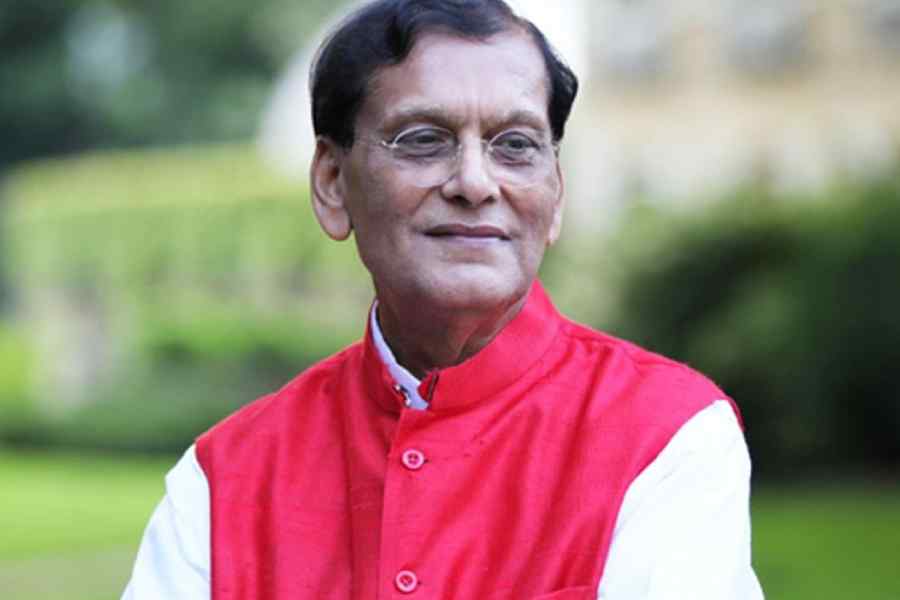A series of attacks on Christians in Pakistan has shaken India’s Valmiki Hindu community as well. In Delhi’s Mandir Marg Valmiki temple, the priest and caretaker, Swami Krishan Vidhyarthi, and Father George Solomon of Delhi Brotherhood Society, which established St Stephen’s College, are talking about the senseless attacks on Christians in Faisalabad’s Jaranwala town.
Around 2.25 lakh Christians live in Pakistan. They are mostly based in Lahore, Faisalabad and Rawalpindi. Karachi, too, has good numbers. The Goan Christians moved to Karachi from 1870 onwards for better job prospects and built schools, churches and other institutions. Two Goanese Christians, Wallis Mathias and Antao d’ Souza, had played Test matches for Pakistan. However, once the space for religious minorities started shrinking, they started emigrating to the West.
Both Vidhyarthi and Father Solomon identify with Pakistan’s Christians and the Valmiki community. Why? They explain that almost all the Christians in Pakistan’s Punjab were once Valmikis. “Even after embracing the new religion, they work as sweepers. Unlike in India, there is no reservation in jobs or in educational institutions for them,” says Father Solomon.
Take the case of Youhana Maseeh, the father of the well-known Pakistani cricketer, Yousuf Youhana, who later embraced Islam and became Mohammad Yousuf. Maseeh was a Valmiki Hindu before becoming a Christian. But he remained a sweeper at the Lahore railway station even after becoming a Christian. Yousuf has a brother who worked as a sweeper in a railway station till recently. Apart from working as sweepers, Christians and Valmikis on the other side of Punjab also work as agricultural labourers. Many of them have also worked as hangmen. Remember Tara Masih? He had hanged Zulfikar Ali Bhutto. After Bhutto’s hanging, Tara Masih became a household name for his narration of Bhutto’s last moments.
Sadly, Pakistan has never had someone like Bindeshwar Pathak who fought for the liberation of the Valmiki community. Pakistan’s Christians or Valmiki Hindus thus do the same jobs as their elders have been doing for centuries. Punjabi Christians were low-caste Valmiki Hindus who were converted by missionaries. Recently Amarnath Gill, a Lahore-based Valmiki leader, said that Punjab’s Valmiki community embraced Christianity in hordes after the demolition of Babri Masjid in 1992 fearing attacks. Valmikis occupy the bottom of the caste pyramid in both India and Pakistan. Incidentally, Pathak may not have thought of working for their welfare had he not read about M.K. Gandhi’s association with Valmiki community.
Christian and Valmiki communities work together on many issues in Punjab. Recently, they called for a Punjab bandh against the attacks on Christians in Manipur. The social welfare schemes and programmes notwithstanding, the Valmikis deserve more attention from the government. The legislation against manual scavenging, coupled with the introduction of wet toilets, may have led to the partial removal of the stigma of untouchability against Valmikis. But they continue to be employed in the manual cleaning of sewers, a task that has been a rallying point for a lot of self-respect movements among Valmikis. Unfortunately, the vice-like grip of casteism still limits them to a dark world.










